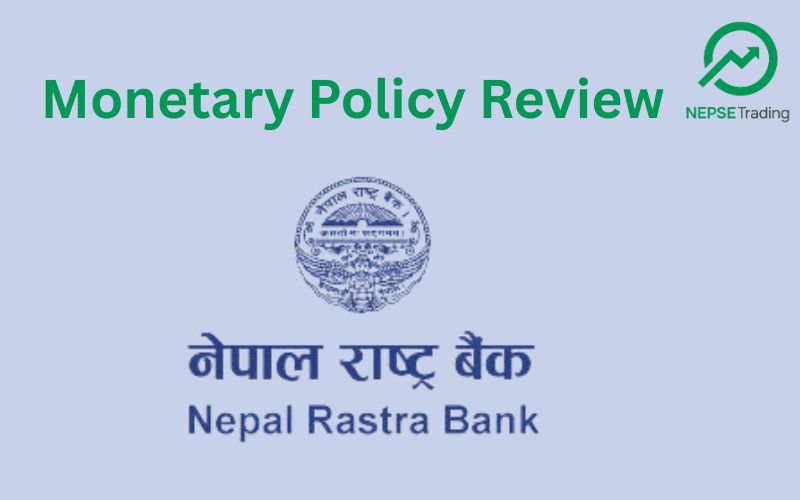By Sandeep Chaudhary
Top Reasons for Chinese Visa Rejection and How to Avoid Them (Nepal Guide)

Prepared by Yatra for Fun Pvt. Ltd., Koteshwor | Contact: 9802348957
For Nepali citizens applying for a Chinese visa, rejection can occur for several reasons—most of which are preventable with proper guidance and preparation. Understanding the main causes of visa denial and taking proactive steps to avoid them is crucial for a successful application. The Chinese Embassy in Kathmandu and the Chinese Visa Application Centre (CVASC) strictly follow immigration regulations, and even small mistakes can result in refusal. Below is a detailed explanation of the most common rejection reasons and practical tips to avoid them.
1. Incomplete or Incorrect Documentation
One of the leading causes of rejection is missing or inaccurate information. Every document, from the passport to bank statements and invitation letters, must match exactly with the details in your visa form.
Avoidance Tip: Double-check spellings, passport numbers, and dates. Ensure that all forms are signed, filled out completely, and supported by proper attachments. Working with an experienced agency like Yatra for Fun Pvt. Ltd.helps verify every detail before submission.
2. Weak Proof of Financial Stability
Chinese visa officers often deny applications if the applicant fails to demonstrate sufficient financial means to cover expenses during the stay.
Avoidance Tip: Submit at least six months of updated bank statements, a balance certificate, and, if applicable, an employment letter or business registration document proving stable income sources.
3. Unclear Purpose of Visit
If your visit reason does not match your submitted documents, the Embassy may reject your application. For example, submitting a business invitation while applying for a tourist visa is inconsistent.
Avoidance Tip: Choose the correct visa category—Tourist (L), Business (M), Student (X), etc.—and submit matching supporting evidence like invitation letters, travel itineraries, or enrollment certificates.
4. Invalid or Expired Passport
Applications are automatically rejected if the passport is damaged or has less than six months’ validity remaining.
Avoidance Tip: Renew your passport before applying. It should also have at least two blank visa pages available.
5. Previous Visa Violations or Overstays
Applicants with a history of overstaying in China or any other country face a higher risk of rejection.
Avoidance Tip: Always follow immigration laws and exit before your visa expires. If you have previous Chinese visas, include copies to show compliance and a good travel record.
6. Missing or Poor-Quality Photograph
Submitting a photograph that does not meet embassy specifications—wrong size, colored background, shadows, or poor resolution—can cause automatic system rejection.
Avoidance Tip: Use a recent passport-size photo (taken within 6 months) with a white background and neutral expression. If the online upload fails, bring a physical copy to the Visa Centre.
7. Fingerprint or Biometric Issues
If fingerprints are not properly collected or the applicant fails to appear for biometric submission, the visa will not be processed.
Avoidance Tip: Appear in person for fingerprint registration unless exempt (under 14 or over 70 years old). Make sure your fingers are clean and injury-free.
8. Insufficient Travel History or Unclear Intentions
First-time travelers or those unable to explain their travel plan may face additional scrutiny.
Avoidance Tip: Present a clear travel itinerary with hotel bookings, confirmed flight reservations, and a letter explaining your travel purpose in simple, professional terms.
9. Using Unauthorized or Inconsistent Agents
Submitting applications through unregistered or inexperienced agents can lead to rejection due to incomplete or mishandled documents.
Avoidance Tip: Work only with authorized visa agencies such as Yatra for Fun Pvt. Ltd. that follow official embassy procedures and maintain proper communication with the Visa Centre.









